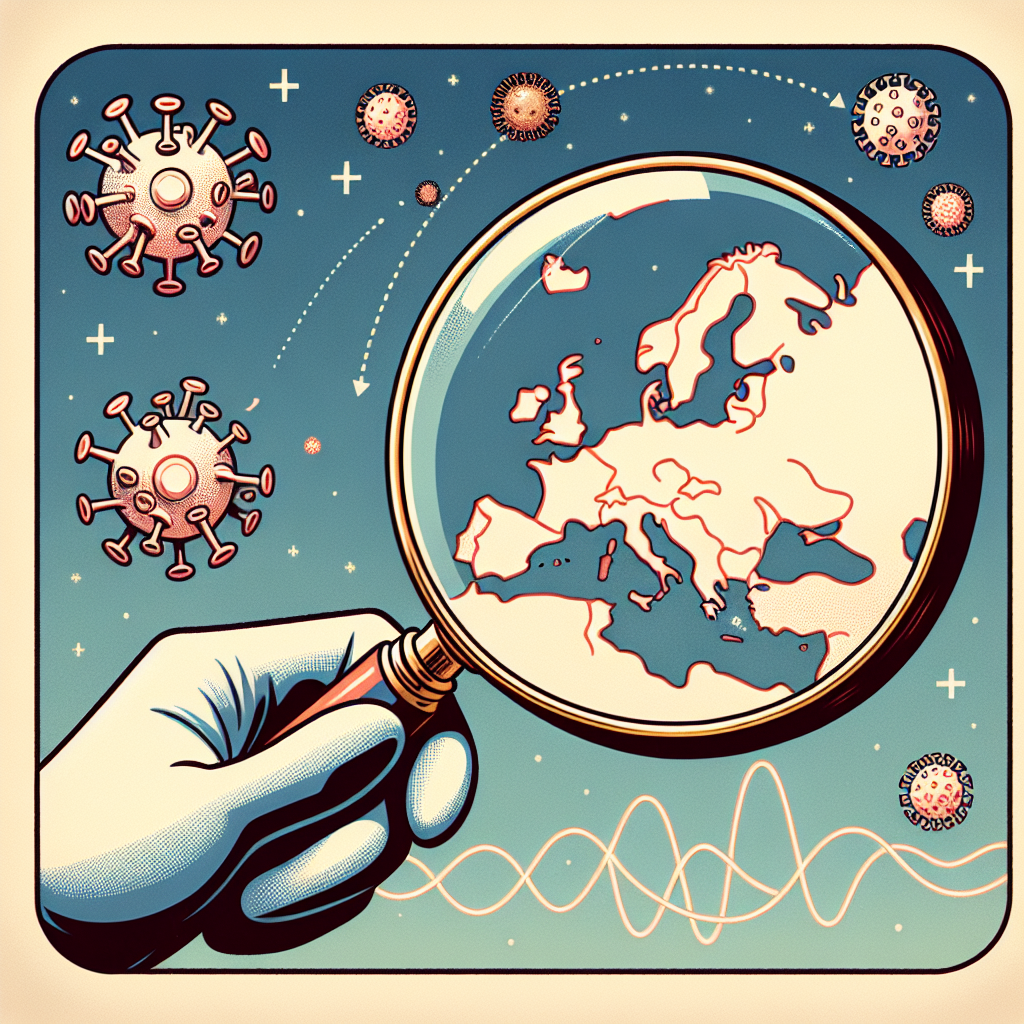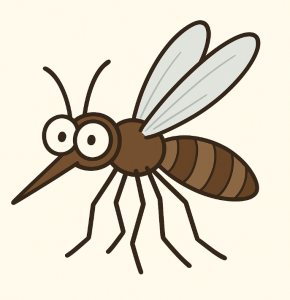
Navigating the Surge of Mpox Cases in Europe
The resurgence of Mpox, commonly known as monkeypox, has prompted significant public health concerns across Europe. While historically restricted to certain regions in Africa, the disease has recently made notable incursions into European territories, alarming health officials and calling for immediate action.
Understanding the Rising Mpox Cases
Mpox, a viral zoonotic disease, mirrors smallpox in its transmission and manifestations but is notably less severe. The Centers for Disease Control and Prevention (CDC) has reported travel-associated cases in various countries, including Europe, highlighting its expanding geographic reach. According to the CDC, recent months have seen an uptick in Mpox incidents reported in Europe, alongside concerns of new virus strains emerging from regions like the Democratic Republic of the Congo [WHO].
The Implications of Mpox in Europe
- Infection Rates: Initial reports from WHO noted thousands of cases spread over multiple countries. The WHO Europe highlighted 70 cases reported in a brief period early in 2025.
- Health Systems Strain: With healthcare systems in Europe already stretched from ongoing challenges, an escalating Mpox outbreak could further strain resources, especially amidst other rising health threats.
- Public Health Responses: Agencies in Europe are ramping up testing and vaccination initiatives to contain outbreaks and prevent wider community transmission.
Public Health Strategies and Responses
Responding to the Mpox outbreak requires a multi-faceted approach:
1. Surveillance and Monitoring
One of the critical strategies involves enhancing surveillance to identify and isolate cases promptly. The European Centre for Disease Prevention and Control is spearheading efforts to closely monitor the situation, enabling a swift response to new cases [ECDC].
2. Public Awareness and Education
Raising public awareness about the symptoms and prevention measures of Mpox is crucial. Campaigns are focusing on high-risk groups and communities to prevent widespread panic and ensure accurate information dissemination.
3. Vaccination and Healthcare Interventions
Prominent vaccine researchers are advancing efforts to bolster immunization drives. GeoVax and other biotech firms are accelerating the development of vaccines targeting the current strains [GeoVax]. Coordinated vaccination programs are vital to achieving high immunity levels and reducing transmission.
The Global Picture
The global response must prioritize cooperation and solidarity, guided by international agencies like the World Health Organization. As new challenges arise, such as the emergence of resistant strains or logistic setbacks in vaccine distribution, collaborative efforts will be paramount in curbing further outbreaks and safeguarding public health.
‘International solidarity and robust health frameworks are key to navigating and overcoming the hurdles posed by rapidly shifting epidemiological landscapes,’ WHO Regional Director, Dr. Hans Kluge emphasized [WHO].
As Europe grapples with the Mpox surge, the strength of its public health responses will dictate how effectively it can contain this burgeoning health threat.



